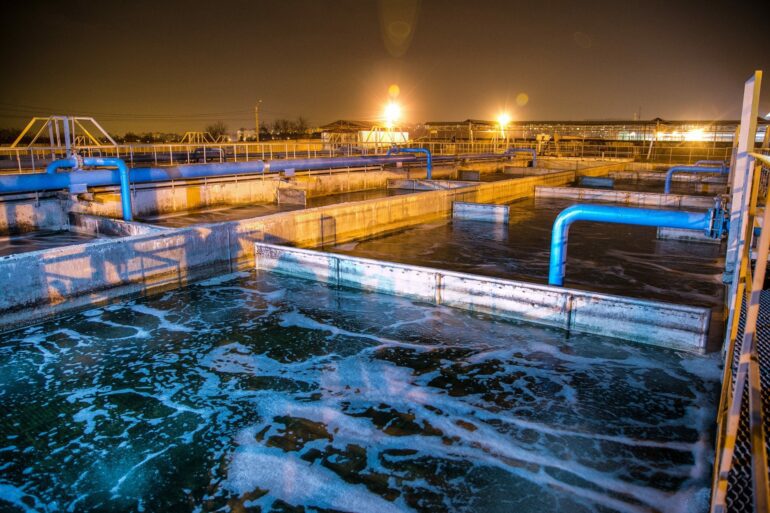TL;DR:
- Water scarcity and pollution drive the urgent need for better filtration systems.
- AI and ML offer innovative solutions to revolutionize water filtration.
- Predictive analytics optimize filter replacement and system efficiency.
- AI and ML enhance the filtration process by adjusting in real-time.
- Improving water filter design and production through data analysis.
- AI and ML aid in addressing the global water crisis and identifying scarcity areas.
- Challenges include data requirements and concerns about privacy and security.
Main AI News:
In the face of mounting concerns over water scarcity and contamination, the demand for efficient water filtration systems has reached a tipping point. Thankfully, cutting-edge technology has stepped up to the challenge, presenting innovative solutions that have the potential to reshape the future of water filtration. Among these groundbreaking advancements, Artificial Intelligence (AI) and Machine Learning (ML) are set to take center stage.
Gone are the days when AI and ML belonged solely to the realm of science fiction; these technologies now play integral roles in our daily lives, from personalized shopping experiences to self-driving vehicles. The exciting prospect lies in their adaptation to the field of water filtration, where they hold the power to significantly enhance efficiency and effectiveness.
The incorporation of AI and ML in water filtration has given rise to the realm of predictive analytics. Through intricate algorithms, these cutting-edge technologies can sift through vast volumes of data to anticipate when a filter may require replacement or when a system is at risk of failure. By averting costly breakdowns, these intelligent systems ensure water filtration processes operate at peak performance.
Moreover, AI and ML contribute to the optimization of the filtration process itself. By meticulously analyzing data on water quality and filter performance, these technologies can dynamically adjust the filtration process, guaranteeing water always meets the highest standards. This feature could prove particularly advantageous in regions where water quality fluctuates unpredictably.
The potential of AI and ML goes beyond just enhancing existing systems; they can also revolutionize the design and production of water filters. By analyzing data on filter performance and longevity, these technologies can identify design flaws and propose improvements. This breakthrough may lead to the development of more efficient and durable filters, saving both money and reducing the environmental impact of filter manufacturing and disposal.
In addition to these game-changing applications, AI and ML could be instrumental in addressing the global water crisis. By scrutinizing data on water availability and consumption, these technologies may uncover regions at risk of water scarcity and suggest conservation strategies. This could be particularly invaluable in developing countries, where water scarcity poses a pressing challenge.
Of course, integrating AI and ML into water filtration is not without its obstacles. These technologies demand extensive datasets to operate optimally, and procuring such data can be time-consuming and expensive. Moreover, concerns about data privacy and security loom large, especially when dealing with sensitive information related to water usage.
Despite the hurdles, the potential advantages of AI and ML in water filtration are too momentous to overlook. As these technologies continue to advance and refine, they are bound to play an increasingly pivotal role in ensuring global access to clean, safe water. Indeed, the future of water filtration may very well be entrusted to the hands of AI and machine learning.
Conclusion:
The incorporation of AI and Machine Learning in water filtration presents a transformative opportunity for the market. These advanced technologies offer unparalleled advantages, such as predictive analytics, real-time adjustments, and improved filter design. However, the market should be mindful of data challenges and privacy issues. Embracing AI and ML with careful consideration can pave the way for a more efficient and sustainable water filtration industry, meeting the escalating demand for clean water worldwide.

